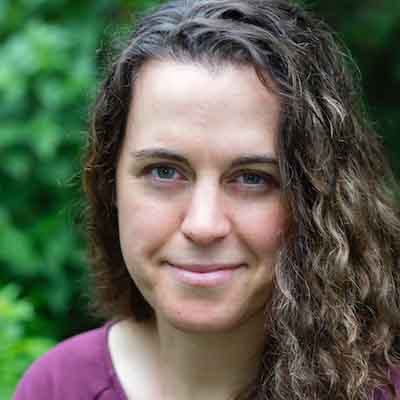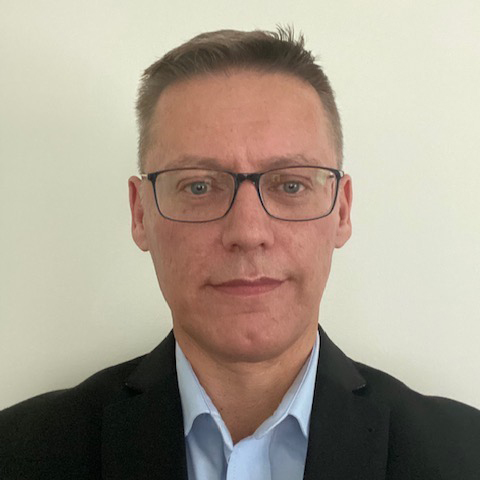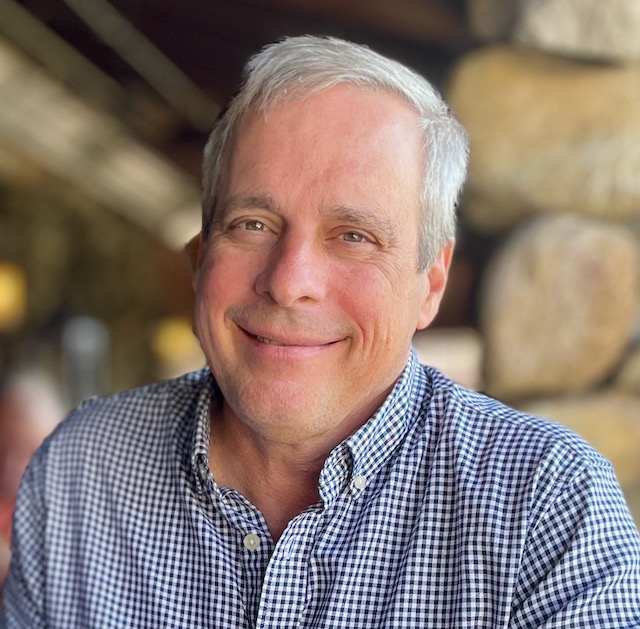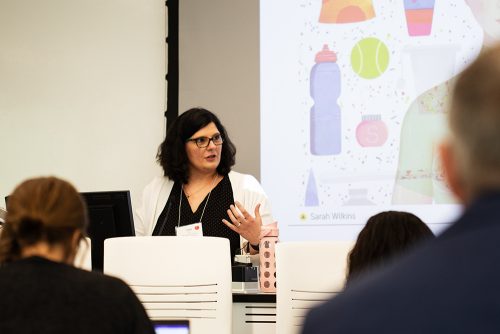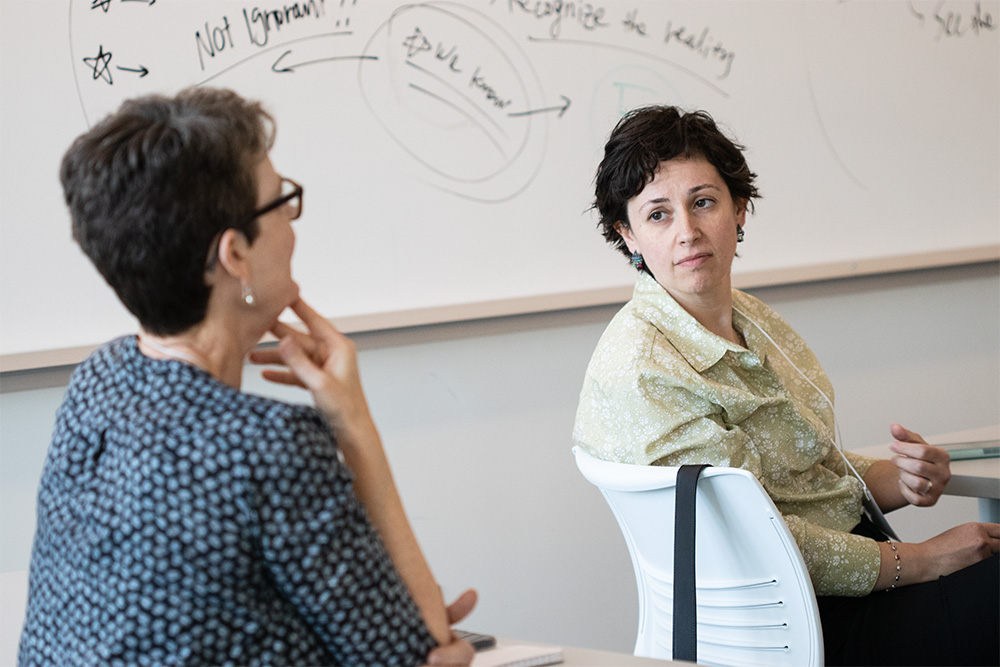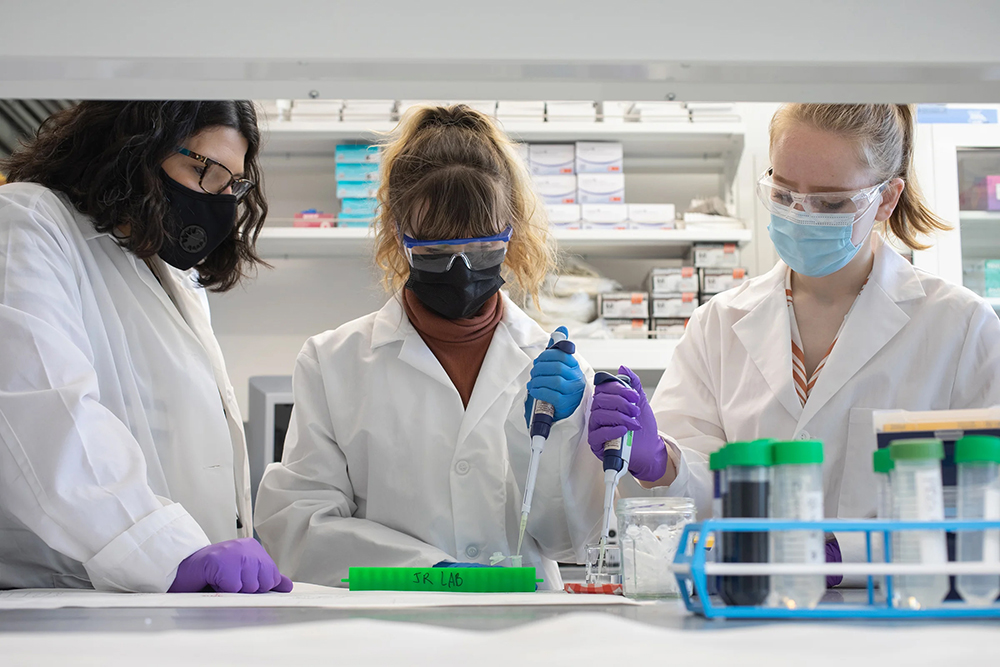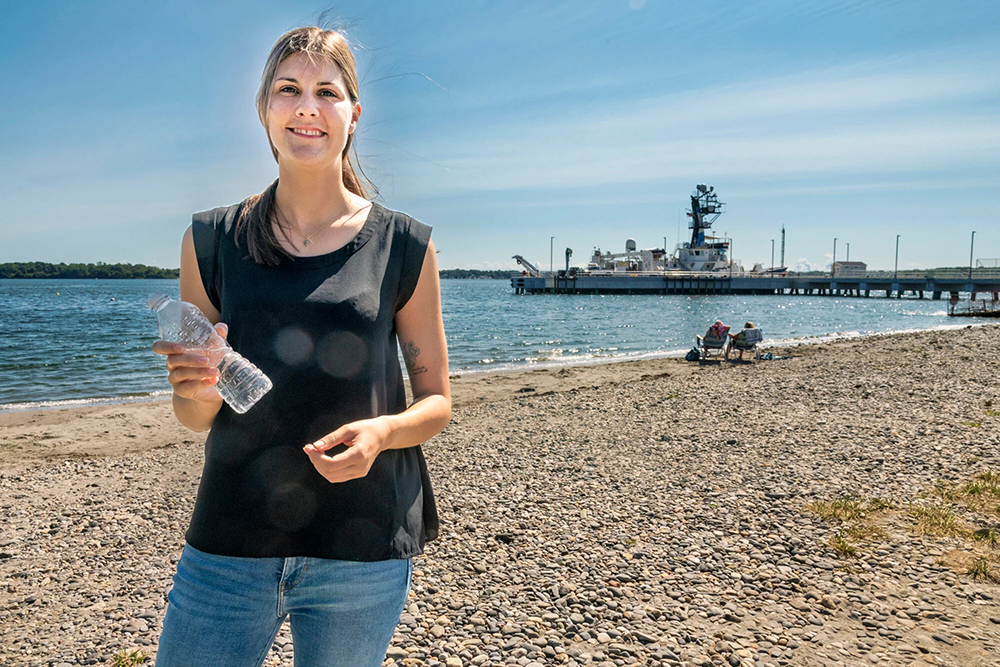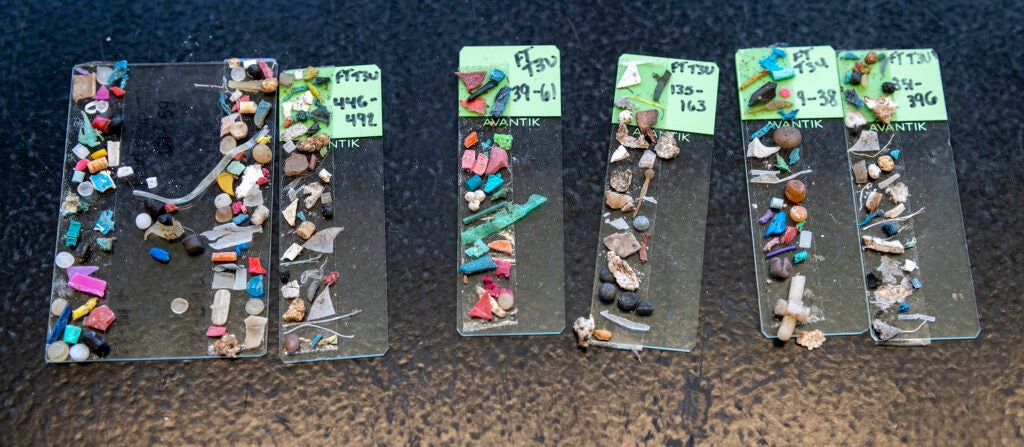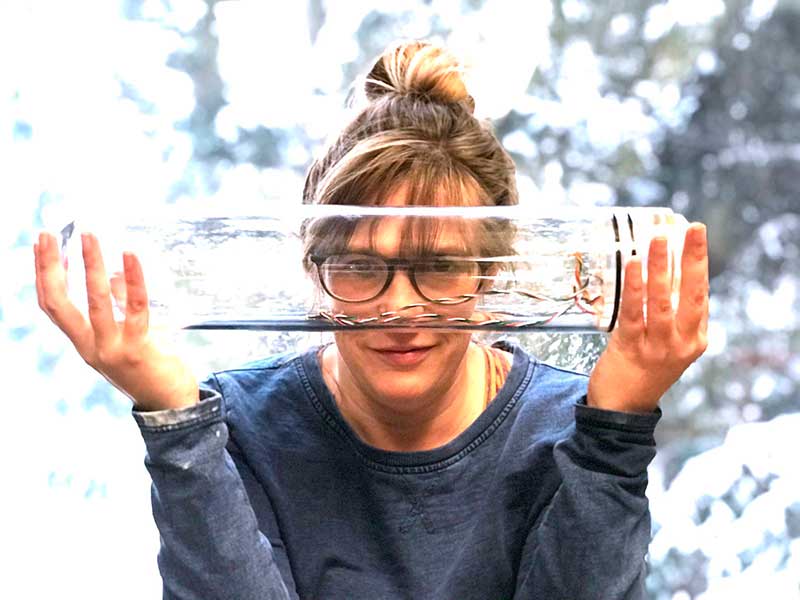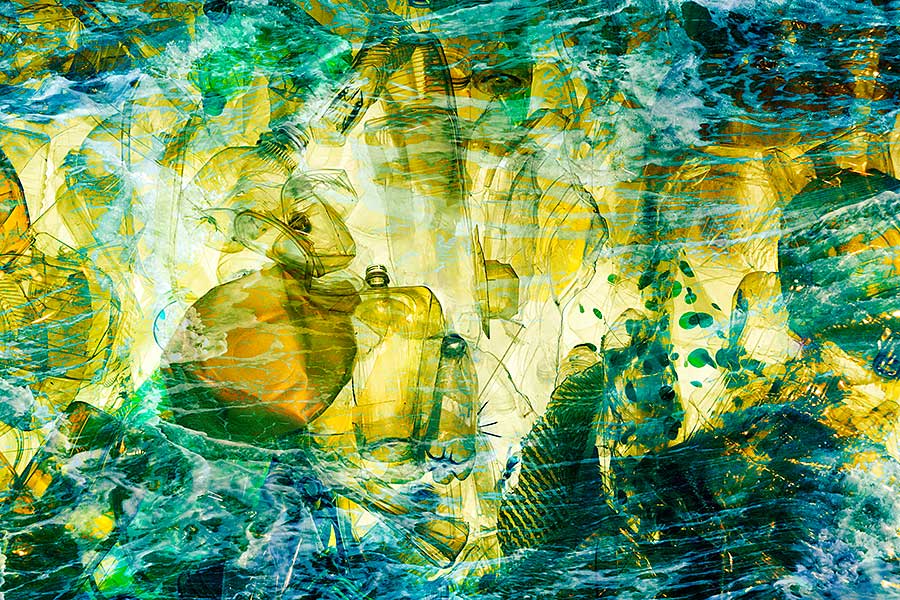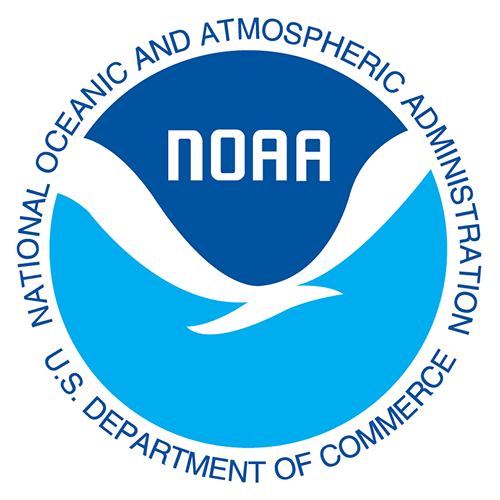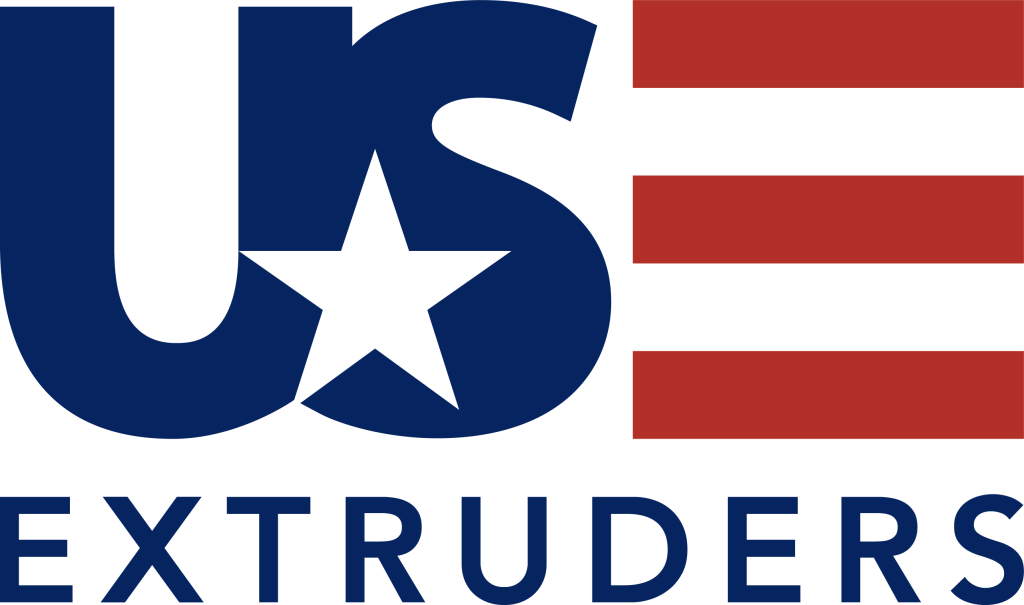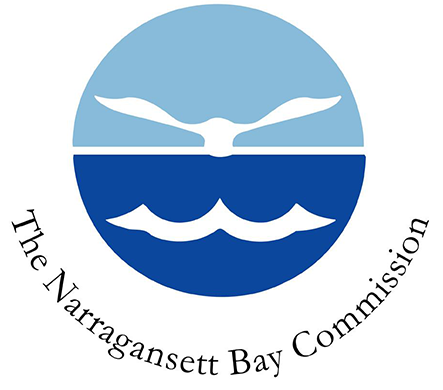Plastics: Land to Sea initiative organizing discussions to spur local collaborations, further research
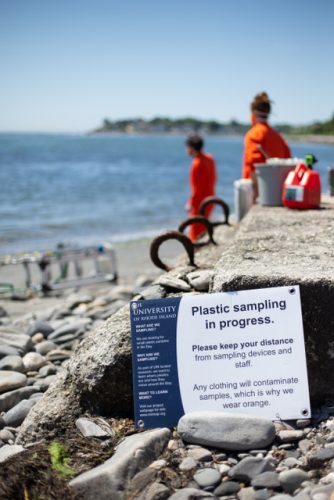
KINGSTON, R.I.—September 25, 2023 – Plastics, ranging from tiny, decades-old molecules to large piles of waste, have infiltrated every aspect of human and environmental systems worldwide. Despite current scientific understanding, several challenges remain for researchers and policymakers alike to implement effective strategies for reducing the consequences of plastic pollution in our communities.
This fall and spring, the URI Plastics initiative is hosting, “Empowering Plastics Solutions,” a series of discussions aimed at sharing information and novel approaches, as well as identifying potential collaborations, among faculty, students, and community and industry partners.
During these talks, experts and URI community members will explore:
- Learning from the Past: Discover how insights from history can guide us toward equitable solutions for tackling plastic pollution in the future.
- Community-Centric Solutions: Explore ways to create fair and effective responses to plastic pollution challenges in various communities.
- Ecosystem Insights: Gain an understanding of the life cycle of plastics in different ecosystems and how we can reduce their impact.
- Circular Solutions: Find out about exciting new approaches to plastic production and management, all within the framework of a circular economy.
These insightful conversations are a prelude to a larger workshop scheduled for next May. Through these efforts, URI’s Plastics initiative seeks to inspire fresh avenues for future research and secure funding from federal agencies such as the National Science Foundation (NSF), the National Oceanic and Atmospheric Administration (NOAA), and the National Institutes of Health (NIH), as well as private funding sources.
Rebecca Altman, a writer, sociologist and daughter of a former plastics maker, a URI chemical engineering alum, will start with the series on Thursday, October 12, 5:30-7 pm at the Higgins Welcome Center. She now holds a PhD in environmental sociology from Brown University and writes about plastics (as well as PFAS) history for the public whose work focuses on the history of plastics and its environmental legacy. For a full schedule and more information about the seminar series, visit the Seminar Series.
About the URI Plastics initiative
The URI Plastics Initiative is coordinating research efforts with several faculty and students to investigate the impacts of plastic pollution (links) and find alternative solutions to this global challenge (links).
Dr. Vinka Oyanedel-Craver, director of the URI Plastics initiative and professor of civil and environmental engineering, describes the initiative as, “An effort to coordinate the vast knowledge and research expertise at URI with local, national and international stakeholders to build research capacity to address this global challenge.”
In May 2023, URI hosted its inaugural Global Plastics Forum, bringing together over 100 local, national and international experts from organizations tackling the impact of plastics. URI’s Plastics: Land to Sea initiative has provided more than $200,000 to seven interdisciplinary faculty teams collaborating with local stakeholders to conduct research to help to address the plastic pollution challenges.
“We can’t solve the plastic problem by ourselves, and we have seen the commitment at the University of Rhode Island to advancing our thinking on this topic, regionally and across the United States,” said Bethany Jenkins, interim vice-president of Research and Economic Development at URI. “I am excited that we can foster these conversations and ideas.”
As a direct outcome of the forum, the URI Plastics initiative is launching this seminar series with key national stakeholders.
“When it comes to policy and management, inequity exists,” says Yoshitaka Ota, director of The Ocean Nexus Center, a research initiative applying equity principles for positive policy change around marine management that has recently relocated to URI. “We need to have a discussion about dignity, which is the center of policy in our governments because we work for the people.”



